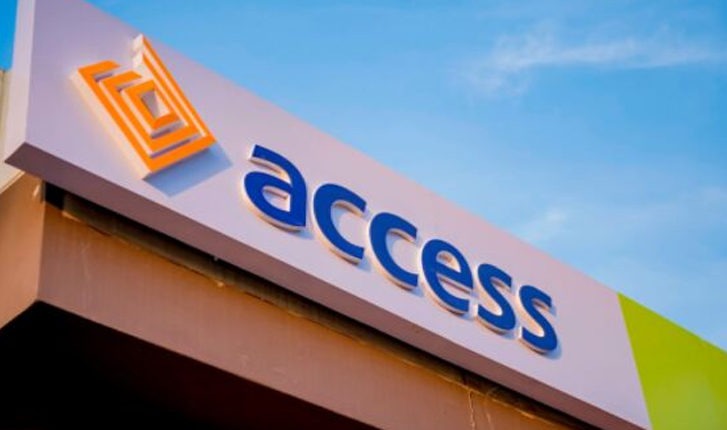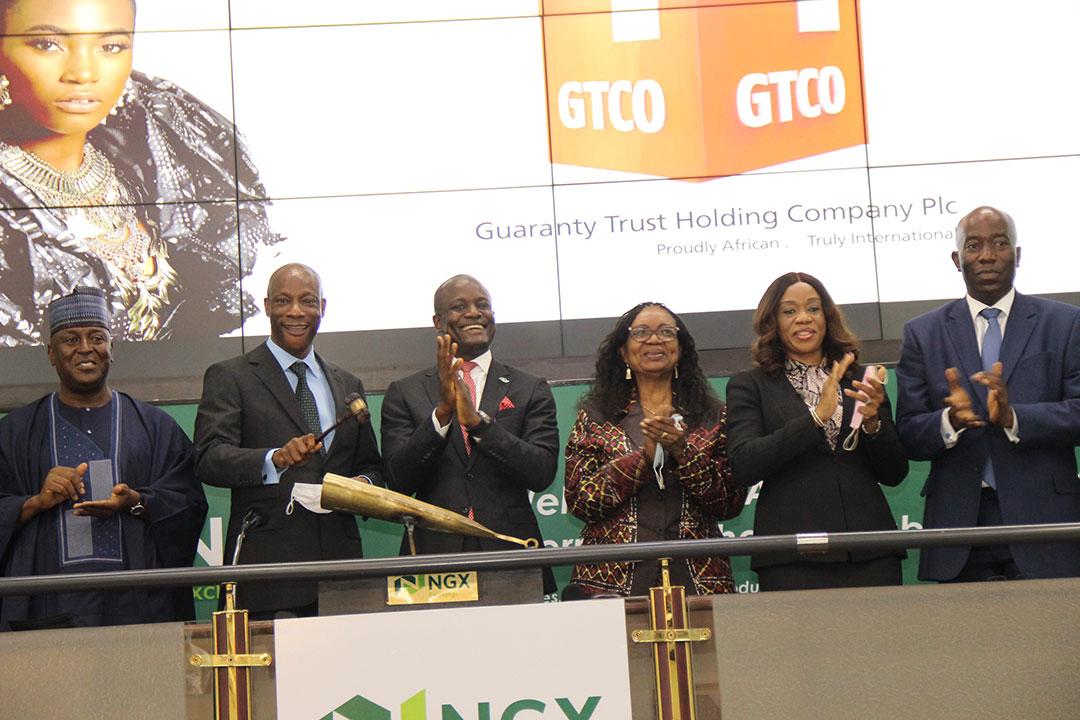Banking Sector
CBN Regulates Activities of Foreign Banks’ Representative Offices in Nigeria

Banking Sector
Access Holdings Plc Grants 23.81 Million Shares to Directors, Valued at N420 Million
Banking Sector
Central Bank of Nigeria Mandates Cybersecurity Levy on Transactions
Banking Sector
GTCO Plc’s Profit Before Tax Grows by 587.5% to N509.35 Billion in Q1, 2024
-

 Billionaire Watch4 weeks ago
Billionaire Watch4 weeks agoNigerian Billionaire Tony Elumelu Contemplates Acquiring NPFL Club
-





 Naira4 weeks ago
Naira4 weeks agoNaira Hits Eight-Month High at 1,120/$ Amidst Central Bank Reforms
-



 Naira3 weeks ago
Naira3 weeks agoDollar to Naira Black Market Today, April 17th, 2024
-





 Naira3 weeks ago
Naira3 weeks agoDollar to Naira Black Market Today, April 18th, 2024
-





 Naira3 weeks ago
Naira3 weeks agoNaira Appreciates to N1,136/$ Officially, N1,050/$ Parallel Market
-





 Naira2 weeks ago
Naira2 weeks agoDollar to Naira Black Market Today, April 24th, 2024
-

 Commodities3 weeks ago
Commodities3 weeks agoCitigroup Predicts $3,000 Value Amidst Investor Surge
-



 Sport Business4 weeks ago
Sport Business4 weeks agoEni Aluko Breaks Barriers: First Black Female Football Club Owner in Italy


















